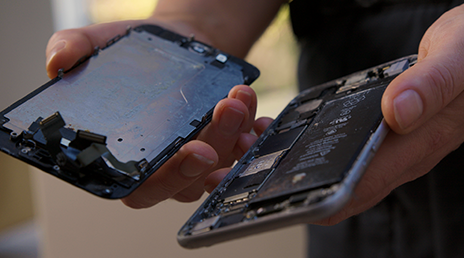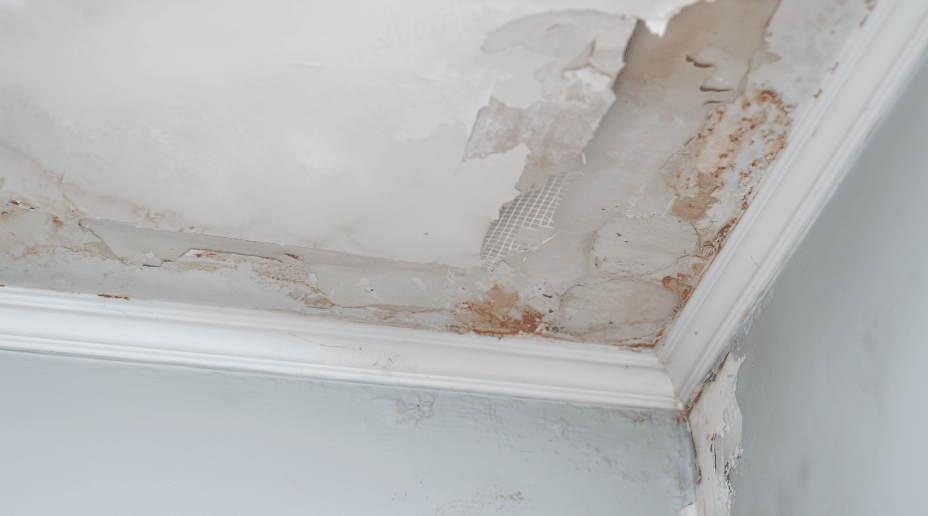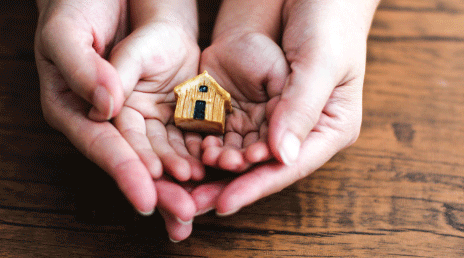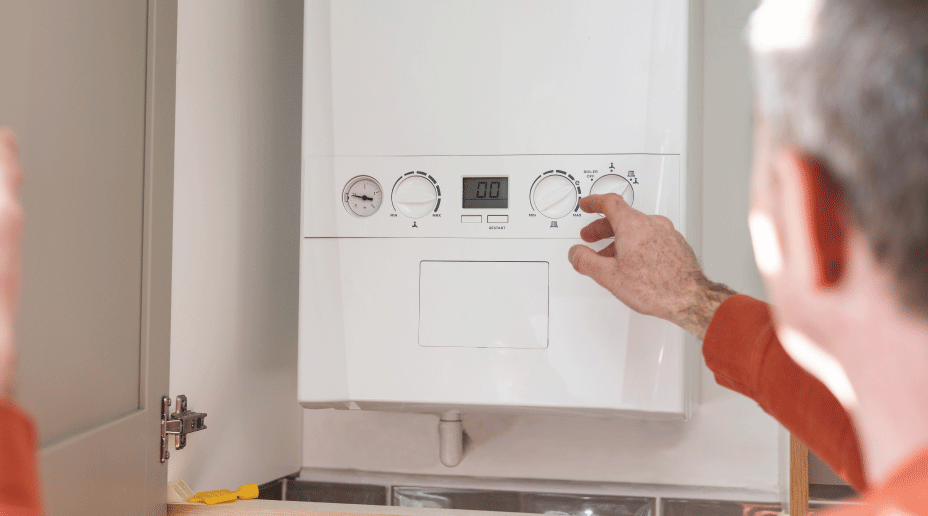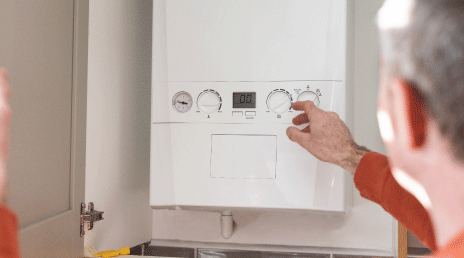Take care of your home this winter
Published 29th November 2024
The cold weather can cause havoc with your home, so let's give it some winter TLC
When you think of your home during winter, you may think of cosy blankets, festive décor and roast dinners in the oven, but it’s also worth considering how winter regulars like snow, ice and storms could cause damage to your home.
The darker, colder days generally lead to a spike in insurance claims as well as heating and electricity bills. So, let’s look at some ways to protect your home during the winter months.

How can I protect my home from winter weather?
- Clear gutters and drains to avoid backed up water in your gutters from freezing and becoming heavy as this could cause the drain to break.
- Cut back branches and secure or put away any lose garden items, to avoid any damage to your home during a storm or high winds.
- Check your roof to make sure any aerials, satellites and tiles are secured, especially when strong winds are forecast.
- If you live in a flood-risk area, you may consider moving valuables upstairs where possible, to avoid them getting damaged by water.
How can I keep my home warm in winter?
- Keep your heating on a consistent low heat to prevent pipes freezing – this will help your boiler to run more efficiently. Only turn it up when you’re at home.
- Bleed your radiators to let air escape from time to time – this can help keep the water circulating properly and keeps your home warm.
- Around one third of all heat escapes through walls, so make sure your walls and loft are properly insulated.
- Seal any gaps around windows and doors that are letting in air with weather-stripping or caulk.
- If you have a working fireplace, you can ask a professional to come and inspect it, to make sure it’s fully functioning. This will help prevent draughts and debris.
How can I protect pipes in winter?
- Protect your pipes from freezing by insulating your loft. Use good quality lagging, especially around your pipes and water tanks.
- Open the loft hatch every now and then to get warm air circulating around the pipes in your loft.
- If you’ve got a dripping tap, fit a new washer to avoid water freezing and blocking the pipe.
- Use frost protection thermostats on your heating system where possible or keep a consistent low heat.
What do I do if a pipe has frozen?
- Remove carpet, furniture and electricals from around the pipe to avoid any additional damage or costs if the pipe bursts.
- Open the tap closest to the part of the pipe which has frozen. This will allow water to flow more easily once it’s melted.
- You can thaw the ice in the pipe with household items like a hot towel or hair dryer but remember to keep electricals away from any water.
What else should I look out for in winter?
- Mould thrives in dark, damp locations. To get rid of it, clean your walls with a mould remover spray or, for a more sustainable solution, use white vinegar. Keep the room ventilated, too.
- Consider switching from traditional incandescent light bulbs to long-lasting, energy-efficient LEDs. This will save on your energy bills.
- Turn off appliances like chargers, decorations, and lamps when you’re not using them. This will save on your energy bills and avoid the risk of fire from overheating and damage.
It’s also worth checking The Met Office’s Cold Weather Alert Service for warnings of any adverse weather conditions coming up, so you can be prepared, whatever the weather.
So, before winter hits, make sure your home insurance is up to date and meets all the needs of you and your home.
Need home insurance?
Get a quote online in minutes...



